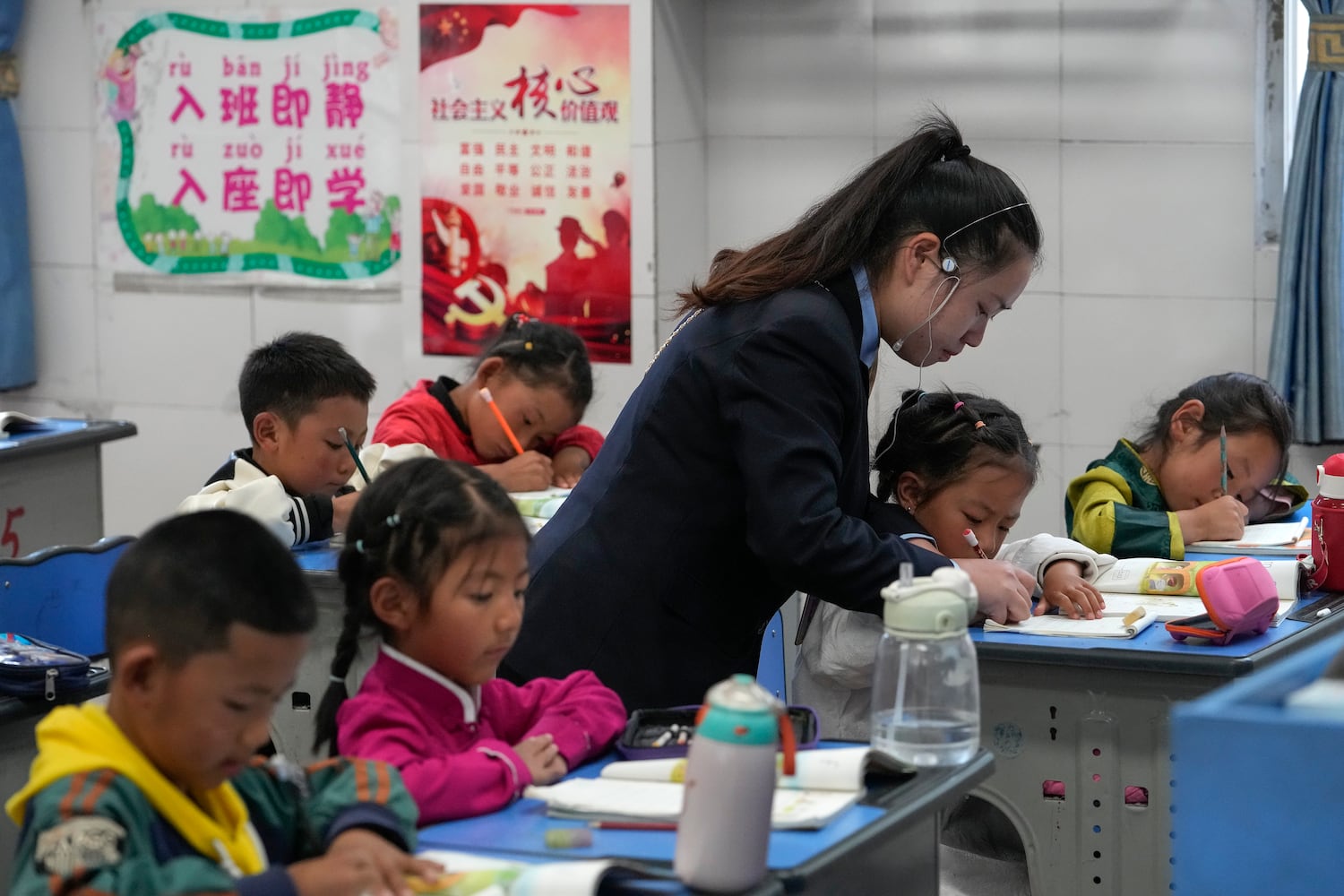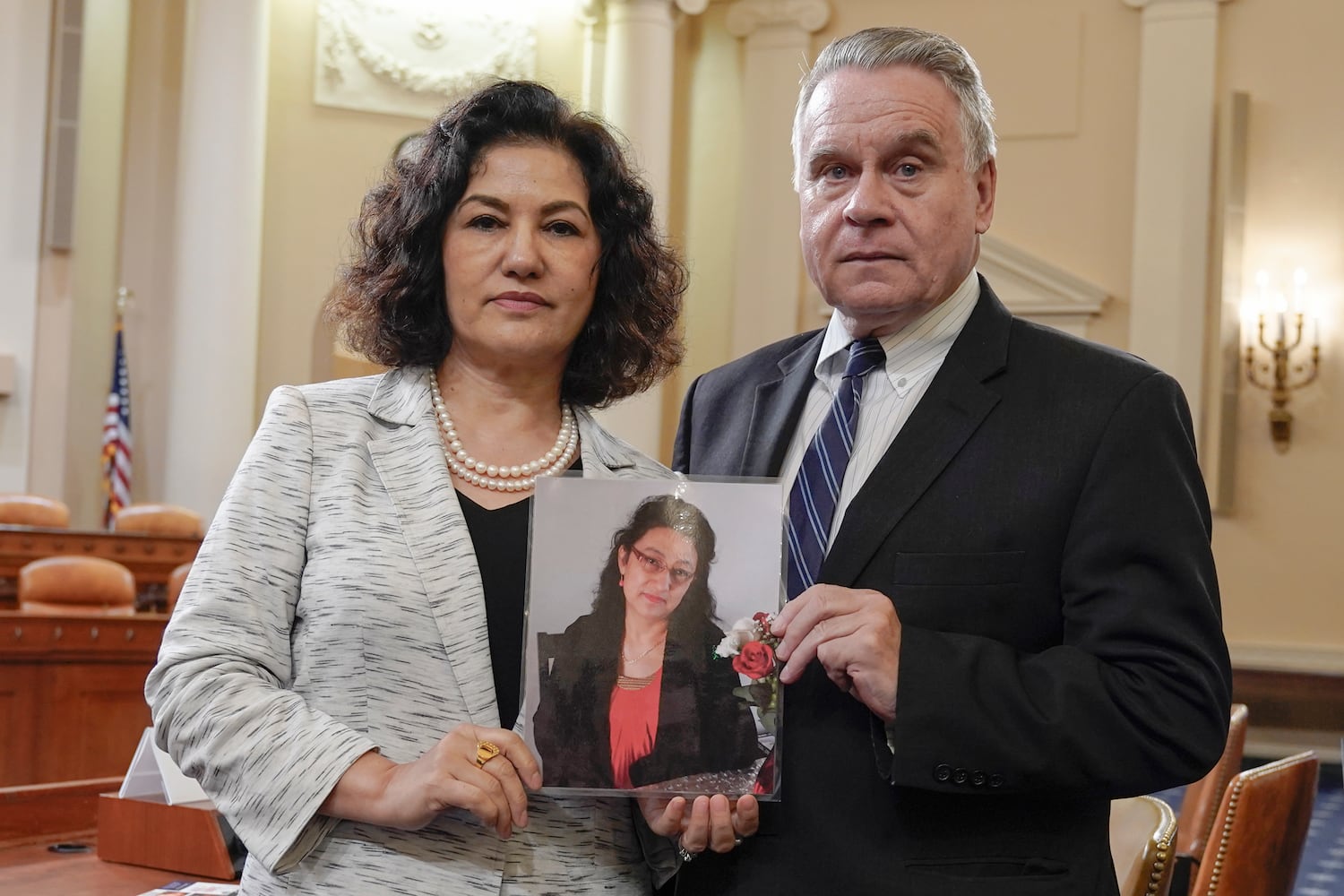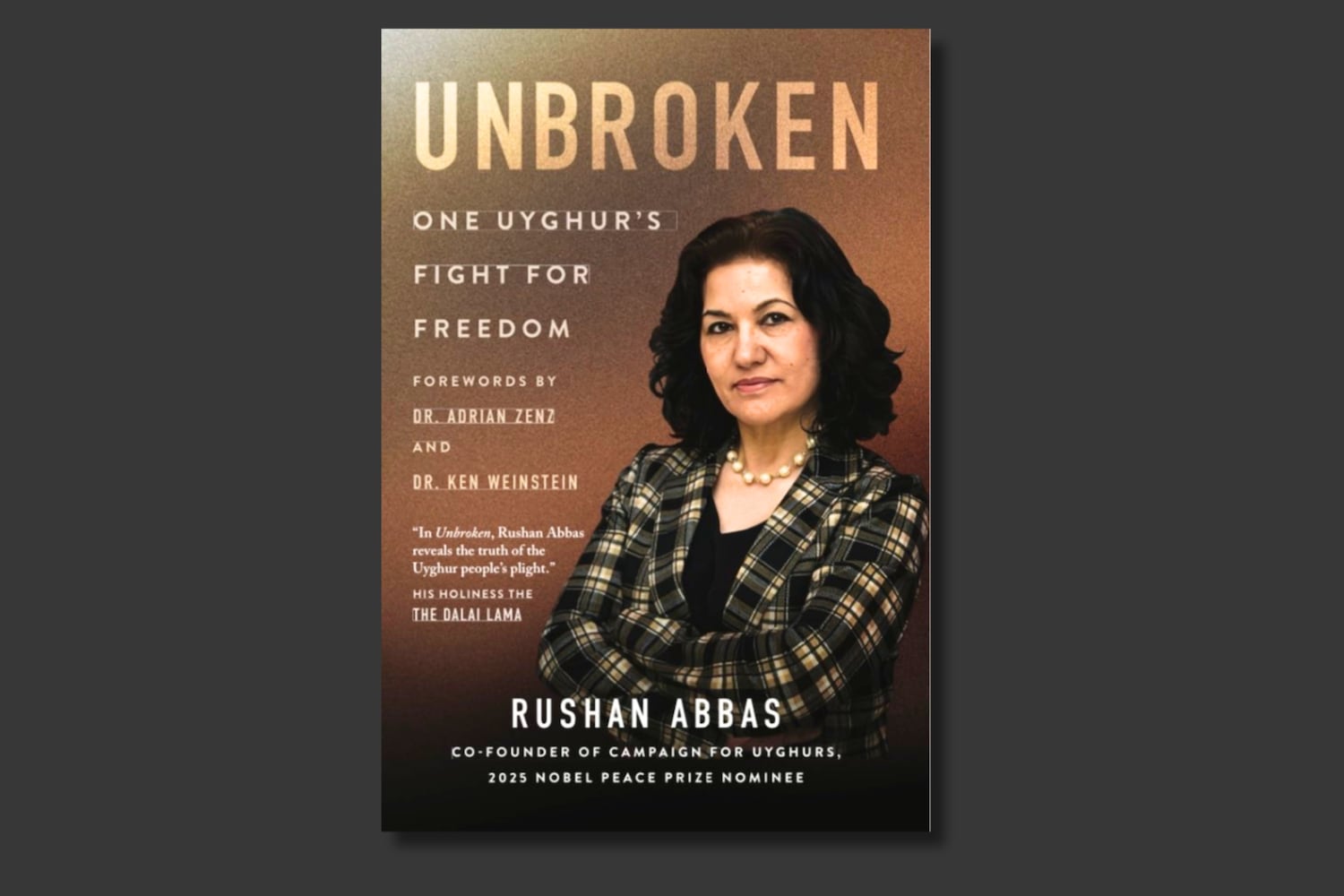
Obscenely “drunk on impunity,” Israel has grandiosely labeled its latest genocidal move fucking “Operation Gideon’s Chariots” wherein, moving from siege to seizure, it plans the bloody conquest, ethnic cleansing, and permanent recolonization of Gaza, using the rhetoric of holy war to justify unholy mass destruction – this, even as many of the Palestinian children who’ve somehow survived their savage 18 months of carnage now slowly starve to death. “We are complicit,” says one angry, grieving doctor. “It is an abomination.”
Having gotten away with so many atrocities while the international community looks away, Israel just unveiled the latest escalation of its illegal collective punishment of Gazans by finally declaring out loud, “We are occupying Gaza to stay.” Unanimously approved by Netanyahu’s far-right Security Cabinet, the new “conquering of Gaza” formalizes Israel’s plan for the indefinite occupation, forced expulsion and incorporation into “sanitized” Israeli zones of an already long-besieged civilian population “for its own protection.” The expansion of an onslaught that has left more than 185,000 Gazans dead, wounded, or missing and millions homeless, hungry, maimed and traumatized is being ludicrously framed as a final mission to dismantle Hamas and retrieve hostages, even though Israel repeatedly failed at each before breaking a ceasefire that would have accomplished both.
“Gideon’s Chariots will begin with great force and will not end until all its objectives are achieved,” Israel thundered, again virtually ignoring the fact that permanent occupation, forced displacement and ethnic cleansing violate international law. “No more going in and out – this is a war for victory,” said apartheid Finance Minister Bezalel Smotrich, who urged Israelis embrace, not fear the word “occupation…A people that wants to live must occupy its land.” But the name Gideon’s Chariots, Merkavot Gideon, invoking the righteous Biblical warrior who led a chosen few to annihilate an ancient Arab people, “layers this symbolism with menace,” blending the concepts of divine vengeance with state-sanctioned ethnic violence, the “mythic instruments of war (with) the Israeli Merkava tanks that have long razed homes and lives in Gaza and the West Bank.”
Sicker, darker undercurrents reportedly surfaced during a Cabinet meeting rife with genocidal banter. After a minister leered that Gazans should “die with the Philistines,” Gaza’s ancient inhabitants, Netanyahu refuted the idea with, “No. We don’t want to die with them. We want them to die alone.” Ominously, the proposal also calls for (now-banned) international aid groups to be replaced with private U.S. military contractors, aka mercenaries, distributing aid at Israeli-designated relief “hubs,” which critics call “not an aid plan but an aid denial plan” that flagrantly violates international principles that prohibit an occupier from exploiting humanitarian needs to achieve military or political objectives. Gazan officials angrily rejected the idea as “perpetuation of a malicious policy of siege and starvation…The Occupation cannot be a humanitarian mediator (when) it is the source and instrument of the tragedy.”
Any illusion of Israel abruptly becoming a merciful presence in Palestinian lives was shattered Tuesday when far-right Finance Minister Bezalel Smotrich proclaimed at a West Bank conference, “Gaza will be entirely destroyed.” He added Gazan civilians “will start to leave in great numbers (to) third countries,” with hopes the territory would be formally annexed “during the current government’s term.” He did not mention such annexation or any acquisition of land by military force is forbidden as a founding principle of international law, including the UN charter. Citing a 2024 report by Amnesty International titled You Feel You Are Subhuman, Dalal Yassine writes that Gaza most bitterly represents the end of humanitarian law: “The past 19 months of genocide have not only demonstrated the double standard imposed on Palestinians in Gaza, but also that there is no standard at all.”
And as it’s been all along, the U.S. remains complicit. Israel will not act until after an upcoming trip by Trump, who’s voiced no objections – his gold-plated hotel beckons – and as usual gets it all wrong, blaming Hamas for treating Gazans “badly.” “People are starving, and we’re going to help them get food,” he yammered. “Hamas is making it impossible (by) taking everything that’s brought in.” This week, our complicity came into harsher, shocking focus when nine former Biden officials admitted its months-long claims of “working tirelessly” for a ceasefire – a phrase used by Biden, Harris, even AOC, and derided by skeptics as “not a thing” – were all a lie. No demands were made – a moral and political crime re-enforced by a 2024 memo finding “insufficient evidence” linking U.S. arms to rights violations or Israel to blocked aid. One critic: “The lack of concern about Palestinian lives is palpable.”
Still, the killing goes on, with about half the dead women and children. Implausibly, Israeli forces grow ever more savage: Drones often fire on civil defense teams trying to retrieve the wounded under debris, soldiers just executed 15 Palestine Red Crescent workers, their hands and feet bound, before burying them and their ambulances in the sand; hundreds of doctors, aid workers and journalists have been killed. Last month, they included Ahmad Mansour, burned alive in a media tent, and Fatima Hassouna, a “self-made fighter” colleagues called “the Eye of Gaza,” for whom the camera was a weapon to “preserve a voice, tell a story.” She died with six siblings, just before her wedding, a day after it was announced a film featuring her, Put Your Soul on Your Hand and Walk, will screen at the Cannes Film Festival. “If I die, I want a resounding death,” she wrote last year. “Fatima planned for joy,” said a friend. “Despite the war, she insisted on dreaming.”
With Israeli power left untethered, Arab nations largely silent and international rules of law ignored, what’s left to protect Gazan lives are mere small gestures. Hundreds of Israelis attend silent vigils to hold images of dead Palestinian children; Artists Against Apartheid and other groups protested in D.C. bearing the names of the dead and installing 17,000 pairs of children’s shoes as a searing memorial; Swedish Television announced an initiative to convert the late Pope Francis’s car into a mobile clinic for Gazan children, fulfilling his final wish; World Central Kitchen barely manages to keep open its mobile bakery, the last bakery in Gaza: “We are now near (the) limits of what is possible.” Still, desperate hunger mounts. Most Gazans face “acute levels of food insecurity,” with more and more children dying from “starvation-related complications,” a now-common term that should not exist.
Aid officials say close to 300,000 children are on the brink of starvation; about a third of those under two suffer from “acute malnutrition,” with the rate swiftly climbing; more than 3,500 under five face imminent death from starvation; at least 27 have died from malnutrition, and at least several more die each day, often newborns of mothers who cannot produce milk. To date, the Israeli onslaught has directly killed over 15,000 children; for every direct death, says The Lancet medical journal, there are up to four indirect deaths from hunger, disease, the collapse of small bodies’ immunity and a country’s once-flourishing healthcare system. If they can, sunken-cheeked children who’ve lost half their body weight scavenge in mountains of trash for anything to fill their stomachs alongside their frantic parents: “I don’t want my child to die hungry.” One mother: “As people, we are almost dead.”
The stories and images horrify: Stick-thin, Auschwitz-like limbs protrude, ribs jut from concave chests, eyes grow wide and glazed. Once vibrant, they lie in bed, skin on bone, too weak to walk, stand, turn, lift their head, eventually breathe. An emaciated six-year-old weighing half what he should writhes on a bed, pleading, “I want to leave.” A four-month-old, six-pound girl died of malnutrition, blood acidity, liver and kidney failure after her hair and nails fell out. Of newborn twin girls, one died eight days later. A father’s father’s infant son Abdelaziz died hours after his severely malnourished mother gave birth to him; hospital staff hooked Abdelaziz, premature and gasping, to a ventilator; it stopped a few hours later when the hospital ran out of fuel, and he died “immediately.” “I am losing my son before my eyes,” says one mother. “In these beds, we are waiting for them to die one by one.”
Each day, says Tareq Hailat of the Palestine Children’s Relief Fund, up to ten sick children in Gaza need urgent medical evacuation, but, “It’s just not happening.” Each one, he stresses, has a story: “They aren’t just a number.” Among the handful his group managed to get out was 6-year-old Fadi al-Zant from Gaza City, who had cystic fibrosis; he was also starving. When his mother couldn’t find food or medication, Fadi’s weight dropped from 66 to 26 pounds and he became too weak to walk, he was miraculously evacuated to first Egypt, then New York. Once the media began following his story, Fadi became “the face of starvation in Gaza.” But he was a rare, blessed exception. “We are breaking the bodies and minds of the children of Gaza,” says Michael Ryan, executive director of WHO. “We are starving the children of Gaza. We are complicit. As a physician, I am angry. It is an abomination.”
There are so many. Drop Site News posted video of the distraught mother of four-month-old Yousef al-Najjar as he lay curled on a hospital bed, small fists flailing, suffering from malnutrition and dehydration. He weighed just 3.3 pounds, one fourth of what he should have weighed. His young mother lamented: He has had spasms trying to breathe, his entire ribcage sticks out, she has never experienced this before, she doesn’t know each morning if he’s survived: “The woman you see before you is begging for money to feed her children.” She held him in her arms, then repeatedly lofted him into the unlistening air, arms straight before her, up and down, up and down, almost weightless. “Why is this happening to us?” she cried. “I swear to God, it’s wrong what is happening to us.” On Monday, Yousef died from malnutrition, and Israel. May his memory be for a blessing.
This content originally appeared on Common Dreams and was authored by Abby Zimet.
This post was originally published on Radio Free.
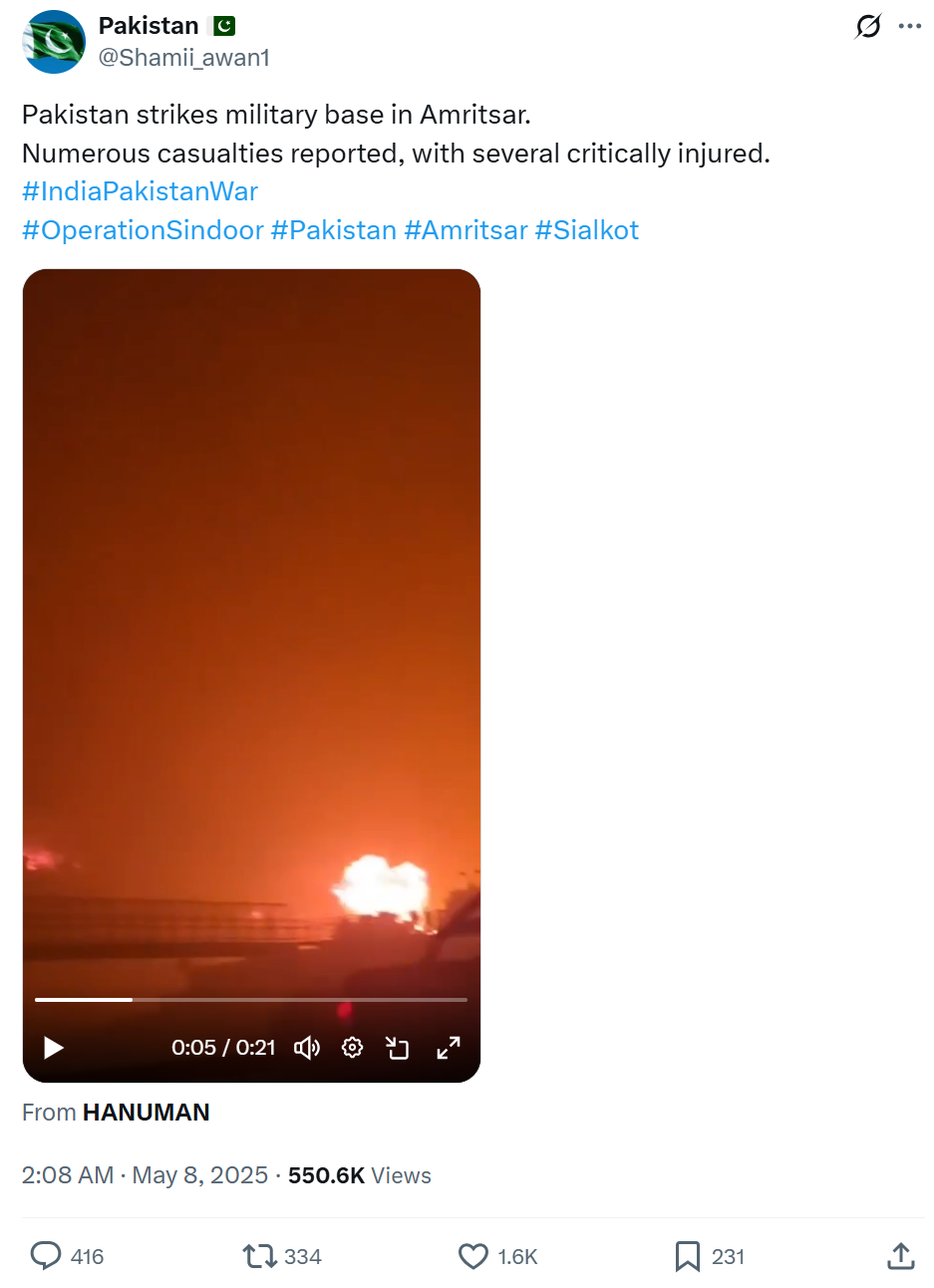
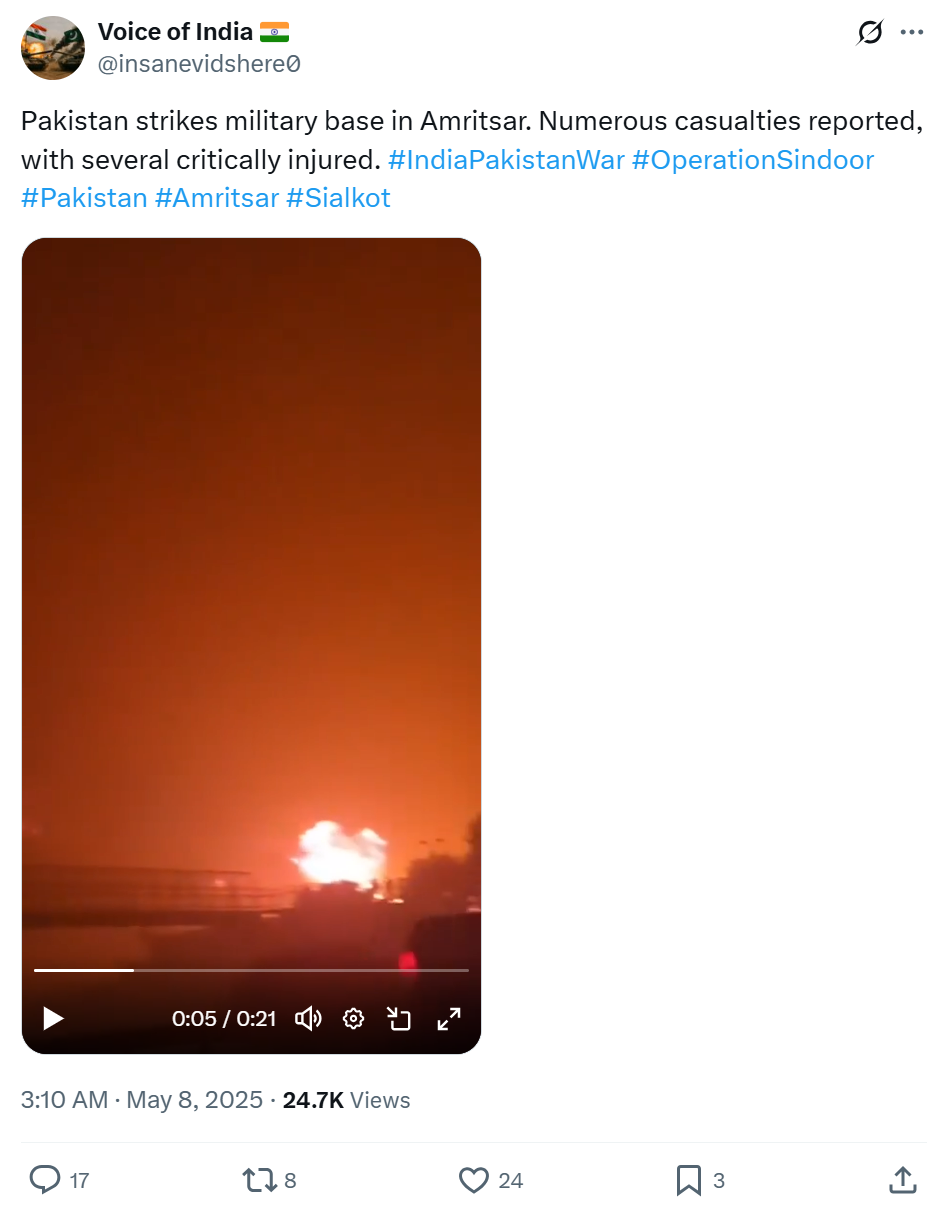
INCENDIO REGIÓN DE VALPARAÍSO
@accionciudadanachile https://t.co/bwYi8DgRuJ#instagood #IncendiosForestales #IncendiosIntencionales pic.twitter.com/xBHpYrwUqG


